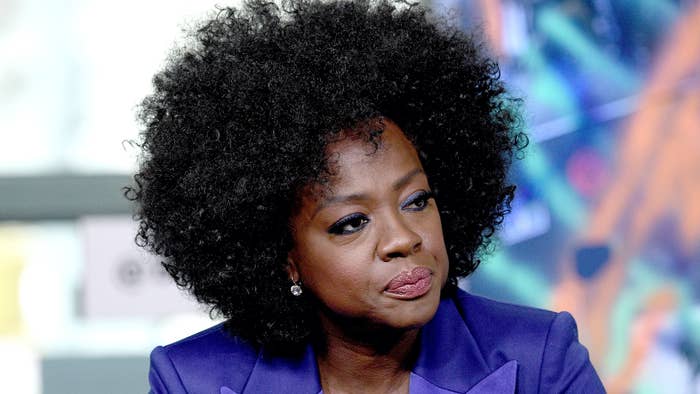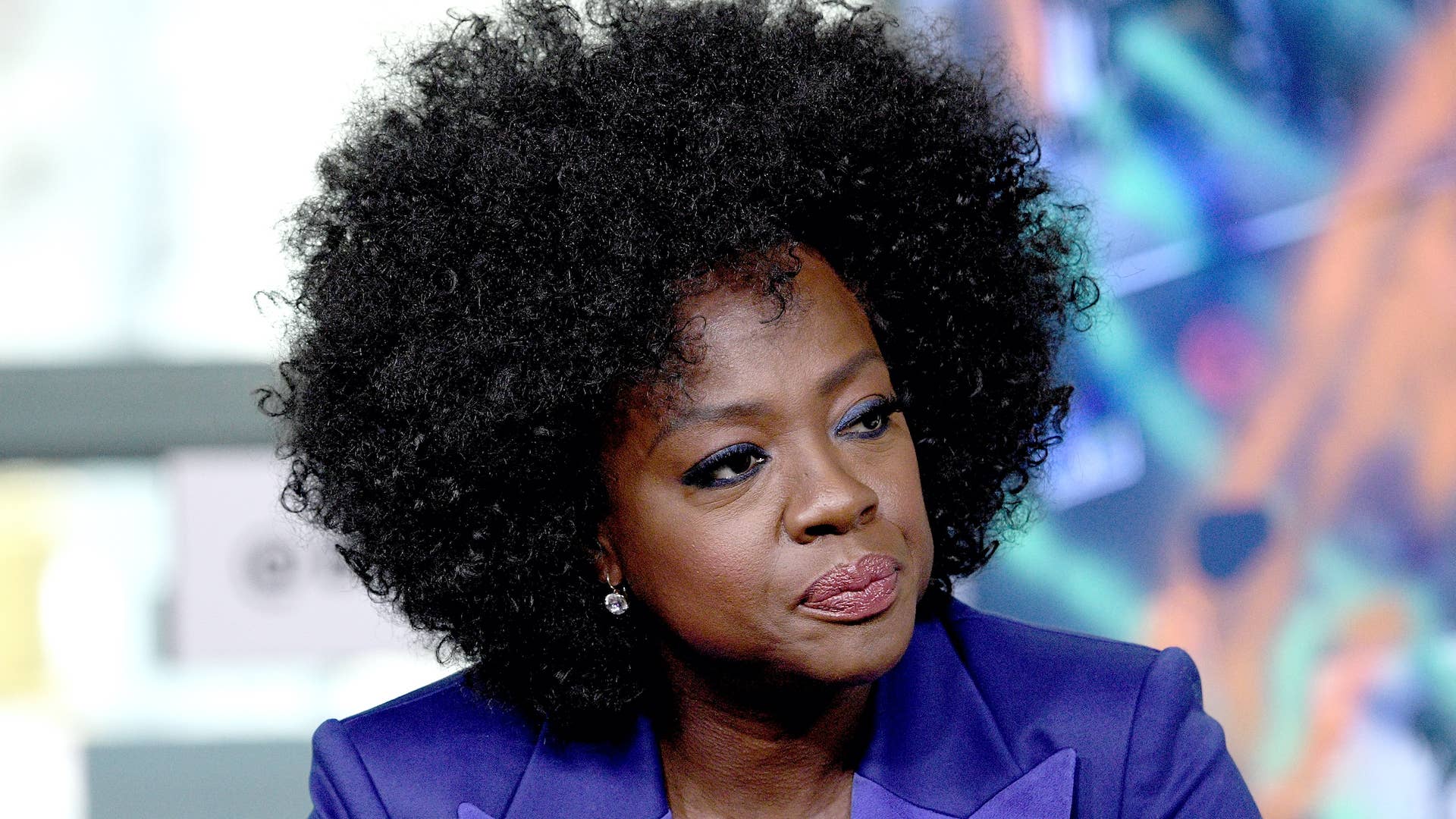
The 2011 film The Help made its way to the top of Netflix’s most-watched list last month, amid nationwide protests fighting police brutality. Set in 1960s Mississippi, the movie has been largely denounced for upholding the white savior narrative.
Even The Help’s cast has remained critical of the film, which garnered $216 million globally, was nominated for Best Picture, and for which Octavia Spencer won Best Supporting Actress. In a new Vanity Fair cover story, Viola Davis shares how distraught she’s become over her role in the movie.
“They’re invested in the idea of what it means to be Black, but…it’s catering to the white audience,” she told writer Sonia Saraiya. “The white audience at the most can sit and get an academic lesson into how we are. Then they leave the movie theater and they talk about what it meant. They’re not moved by who we were.”
She added, “There’s no one who’s not entertained by The Help. But there’s a part of me that feels like I betrayed myself, and my people, because I was in a movie that wasn’t ready to [tell the whole truth],” Davis says. The Help was “created in the filter and the cesspool of systemic racism.”
It doesn’t help that the movie was written and directed by a white filmmaker, Tate Taylor, and based on a book by a white novelist, Kathryn Stockett. In the film, a young white woman tells the story of two black maids, Aibileen Clark (Davis) and Minny Jackson (Spencer), and their experiences with everyday racism.
Davis expressed the same regrets in 2018, in an interview with The New York Times: “I just felt that at the end of the day that it wasn’t the voices of the maids that were heard,” she said. “I know Aibileen. I know Minny. They’re my grandma. They’re my mom. And I know that if you do a movie where the whole premise is, I want to know what it feels like to work for white people and to bring up children in 1963, I want to hear how you really feel about it. I never heard that in the course of the movie.”
Vanity Fair’s story on Davis is also the first time a black photographer has shot the magazine’s cover in the 107 years that the publication was founded, which made waves (and stirred uproar) on Twitter.

